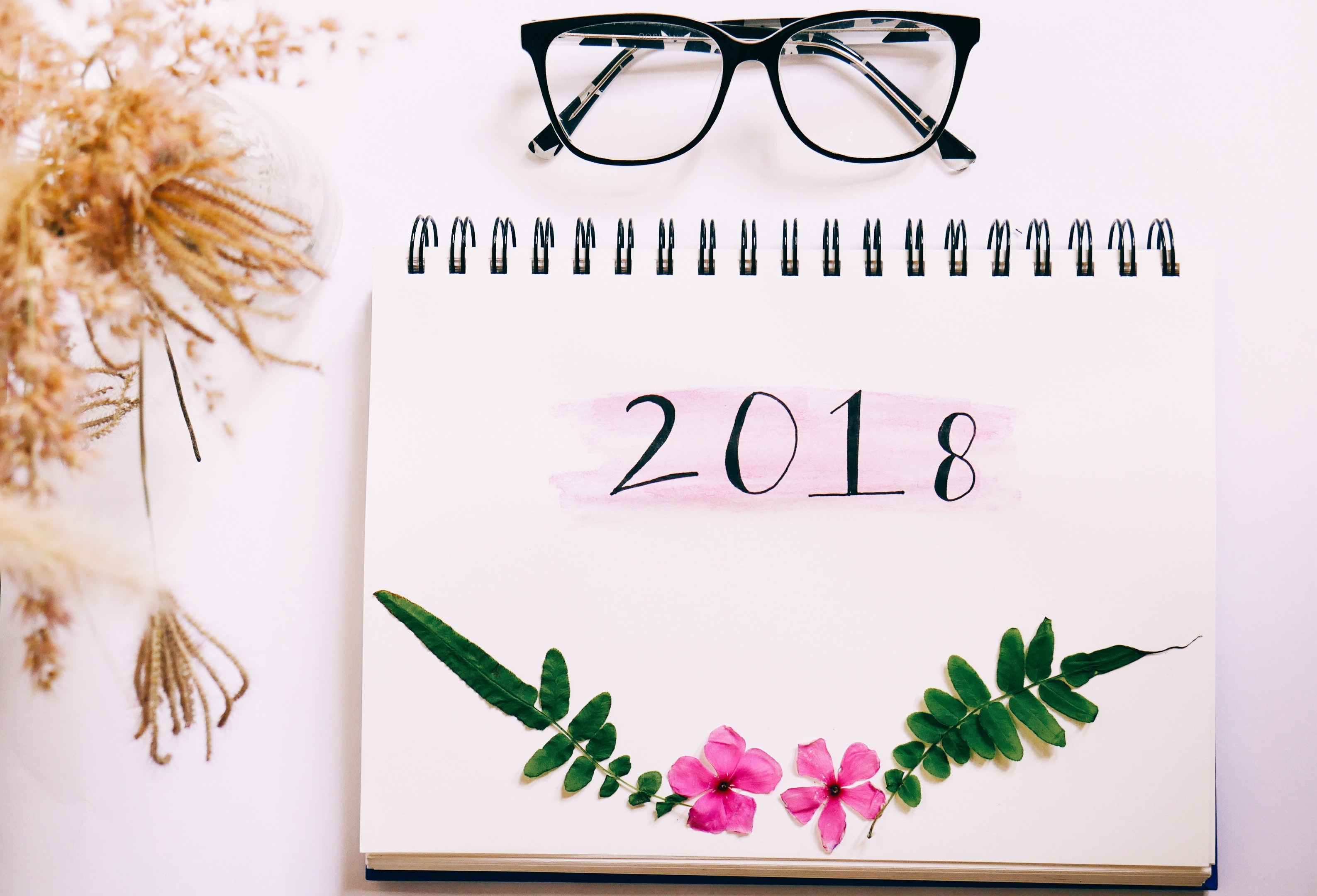There are two types of people in the world: those who immediately recognize the scar on the inside of your right calf because they have one and those who ask what it is. Before 7 February 2018, I belonged to the latter group. I had been trying to juggle writing a dissertation and a fiction manuscript for three months, and there was barely anything left of me by the time I took a working holiday in Kilifi the first week of February. It was more holiday than work, which I needed, and if I did not feel entirely ready to return to the work waiting for me, I felt less depleted.
At the end of the holiday, I was scheduled to fly out of Mombasa to Nairobi, from where I would catch a flight back to South Africa. My lover and I caught a matatu to take us to the airport. The Mombasa traffic was promising to make me miss my flight back in Nairobi, so I kissed my lover goodbye, got off the matatu, and got onto the first bodaboda I saw at the side of the road.
Kenya’s intensifying security measures make airports largely inaccessible to anybody who doesn’t have a car or cab money, so the bodaboda driver warned me that I would have to get off at the main airport gate and figure out how to get to the terminal on my own. I was hot and resigned and distracted by terrible news a friend had shared with me on a phone call when I was still in the matatu, so when I got off the bike, I realised—way too late and very painfully—that its exhaust pipe was not covered by the plastic heat shield that has kept my right leg safe in all the years I’ve been using bodas.
My leg could not have touched it for more than a moment, but for several seconds, I was sure my brain had switched most of itself off. I could not even figure out the source of the screaming pain. Every part of me except my leg felt like it was on fire, but when I finally convinced my neck to let me turn my head downwards, I saw it. I wish I could explain what colour my leg was but words were not real at that moment, and none that I have reached for since do it justice.
I was making restrained ssssssss sounds at this point, and the lone pedestrian on the other side of the road crossed over and made the appropriate noises of concern. Unfazed, the boda driver told me to put some toothpaste on it as soon as I could, and insisted that it was not a major wound. The two of them flagged down an airport cab to take me to the terminal, whose driver insisted I go to the first aid room before I got on my flight. There, the medic peeled the skin off, applied an ointment, and told me not to worry about it.
There are two types of people in the world: those who immediately recognize the wound on the inside of your right calf and will always show you their matching one, and those who need the story behind it. The first time my wound was recognized, I was trying to photograph it for the doctor I had to go see a week after I got burned because it got badly infected. I was at a villa for a writing workshop on Bulago Island, Lake Victoria, the kind that comes to mind when you hear the word “rustic,” but whose overnight stay costs about as much as an organ on some black market somewhere. The owner found me in the lounge one afternoon trying to find good lighting for the shot. Immediately, she lifted her pants’ legs and said, “You got it on a bodaboda, didn’t you? I have one exactly there!”
2018 brought about the mass incorporation of bodabodas in Nairobi by taxi apps; my resolve to quit using bodas lest I get burned again was, thus, short-lived. The scar is dark and almost perfectly round and as of a few weeks ago, a starfish inspired by Prince sits just below it. As part of a bigger, long-term plan to ink my whole leg, I plan to cover the scar up but I love telling the story of how I got it when the second type of people in the world ask.
Across social media, many people are accounting for 2018. Writers are generating lists of what they wrote and musicians are streaming music they created. Before the year ends, we are pushed to account for how it was lived. Most lists highlight successes: I graduated, I got a job, I married, I published many things, I collaborated successfully, I traveled, I reconciled, I loved. If you listen to the quieter registers, you hear stories of the unfinished and the discarded, the stalled and the failed. If you listen even more intently, you will hear stories of scars and the processes that created the wounds. Some of us may have survived 2018, but it left its mark on us.
Wairimu Muriithi





